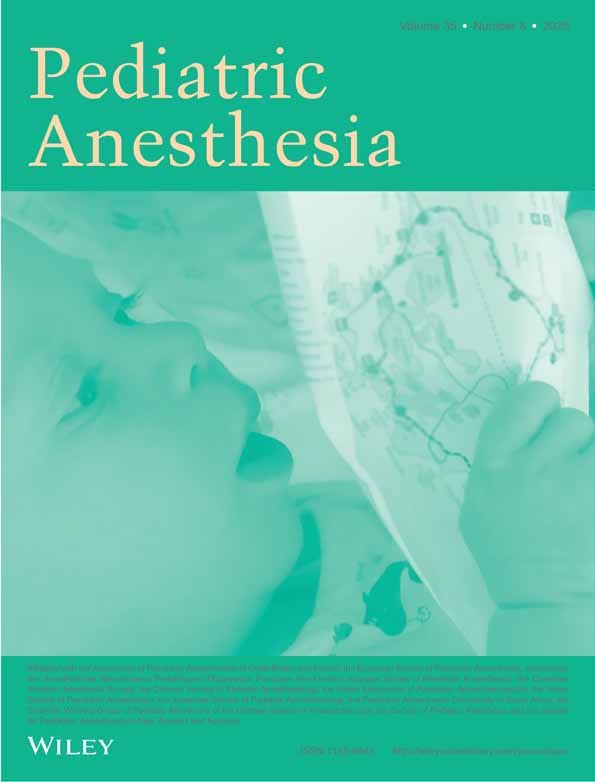Pretreatment with intravenous ketamine reduces propofol injection pain
Summary
Background Paediatric procedural sedation using propofol has been shown to be safe and effective and is widely used. Pain at the injection site is a frequent complaint and can be particularly distressing for children, especially for those undergoing repeated procedures. Ketamine has analgesic properties and can diminish the incidence of propofol infusion pain in adults. The aim of the study was to investigate whether pretreatment with ketamine would reduce infusion line pain in propofol sedation in children.
Methods We performed a prospective, randomized, double-blind trial in a paediatric sedation unit of a tertiary referral teaching hospital. A total of 122 children admitted for gastroscopy were randomly allocated into two groups. Group 1 received atropine and ketamine before propofol infusion. Group 2 received atropine, normal saline solution, and a mixture of propofol with lidocaine. The main outcome measure evaluated was pain associated with the infusion and secondary outcome measures were mean medium arterial pressure decrease and desaturation.
Results The incidence of pain of the infusion was significantly lower in patients pretreated with ketamine (8% vs 37%, P = 0.0001).
Conclusions Pretreatment with ketamine (0.5 mg·kg−1) is very effective in preventing propofol infusion pain.




